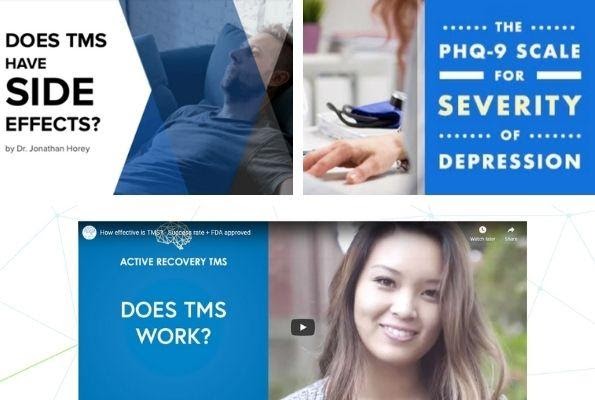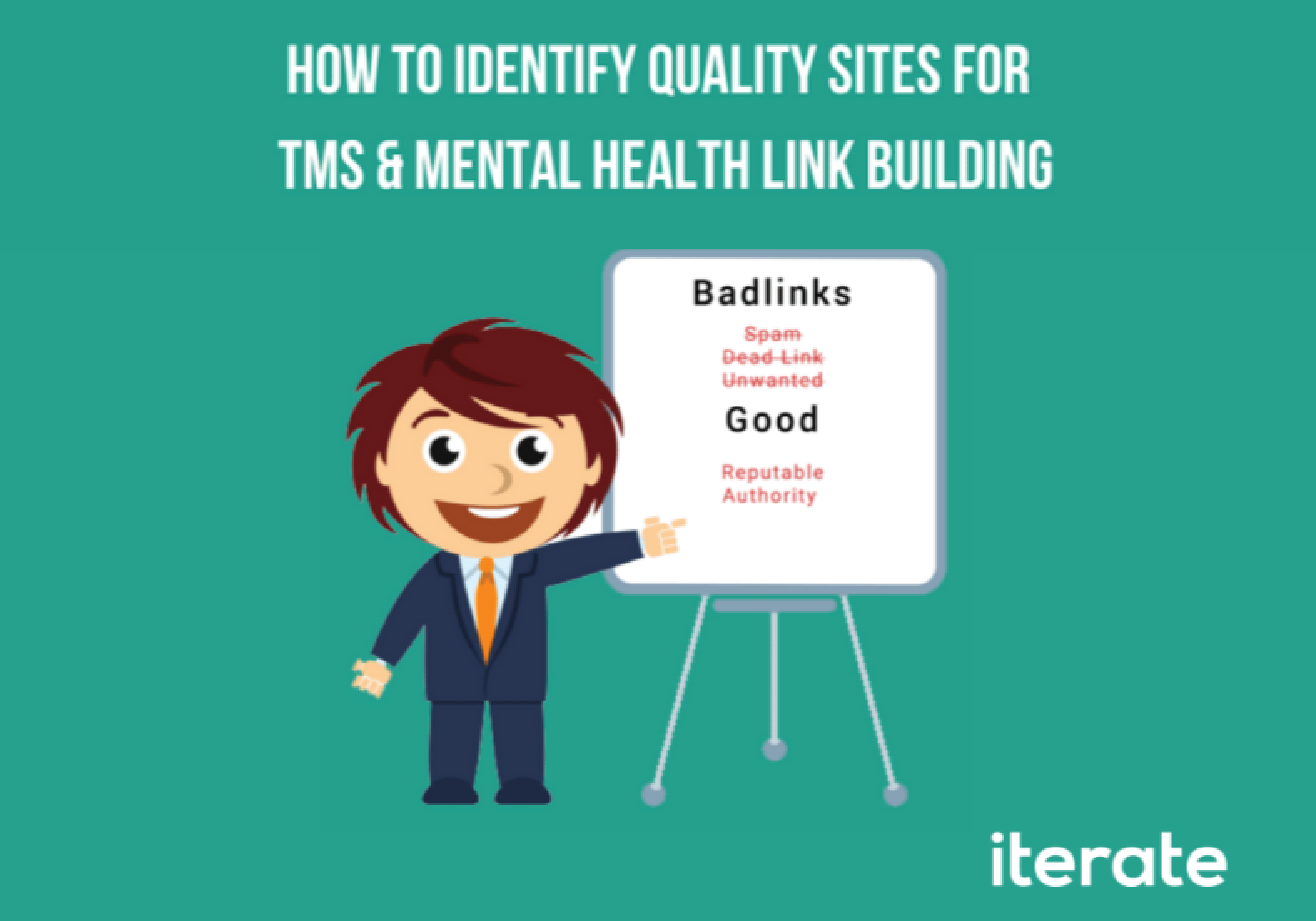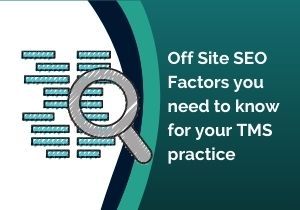Search engine optimization (SEO) is an important part of online marketing – even more so for a medical practitioner. If you’re not actively focusing on pursuing higher rankings in the organic search engine results pages (SERPs), you’re setting yourself up for failure. And one of the two (broad) areas you need to focus on is off-site SEO (more commonly known as “off-page” SEO).
But what exactly does off-site SEO entail? And why is it so important/
In this article, we’ll answer all of those questions.
Let’s get started.
What is Off-Site SEO?
Off–site SEO refers to certain efforts that take place outside your own website to improve your search engine rankings and to improve how both search engines and searchers perceive your website in terms of being authoritative, trustworthy, and relevant.
On the other hand, on-page SEO (or on-site SEO), refers to a set of practices that are done within your own site. It mainly includes creating high quality content, enhancing the user-experience, and making the website secure.
In contrast, off-page SEO is mainly focused on acquiring high quality backlinks, in addition to social media marketing and other tactics.
Your on-page and off-page SEO efforts go hand-in-hand, and together help create a bullet-proof SEO strategy.
What’s included in Off-Site SEO?
Here are the different off-page SEO techniques/practices that are crucial to your SEO campaign:
Link Building
Link building refers to acquiring links from other websites. A “link” (or a backlink) is built when another website, in its content, links back to your website.
Effective link building isn’t based on how many backlinks you have, rather who is linking back to you.
Links transfer authority from the source to the destination webpage. Colloquially, this authority is known as “link juice,” and is seen as a vote of confidence by search engines when evaluating webpages.
“If website A is a trustworthy source, and is vouching for website B by linking to it, then it must mean that website B is also trustworthy” – that’s more or less how it works. In other words, the quality of your links matter more than the quantity.
In your case, a few hundred links from Healthline or WebMD (both reputable sources of medical information) are a lot better than a thousand links from shady and/or irrelevant websites.
There are three types of backlinks involved in a link building strategy:
- Editorial/natural links (backlinks gained without any efforts or requests)
- Manual/Acquired links (acquired through website’s link building tactics)
- Internal links (internal linking between your own relevant webpages)
Google and other search engines discourage using unfair means to create links, like publishing various fake websites and using them to link to your original website and paying others to give you links. These are known as “black hat SEO” tactics, and can result in your website being flagged by the search engines.
A quick hack to get quality links is to find broken link building opportunities on other websites and offer them your content as a replacement.
Social Media Marketing
Contrary to popular belief, off-site SEO isn’t only limited to link building (it’s just a very critical component of the entire process).
Social media marketing also plays an important role.
Search engines also consider your user engagement rate (social signals, such as social shares, likes, comments, views, clicks, etc.) when calculating search rankings.
Guest Blogging
Often called “guest posting,” it’s the practice of offering to write great content for mid-to-high authority websites in hopes of getting a dofollow inbound link from them.
Keep in mind that offering a comprehensive piece of content (such as an article) isn’t the only way to guest post. It can also involve pitching infographics, quotes, statistics, videos, or podcast appearances for other brands.

Brand Mentions
This involves online referrals of your products or services by other brands, bloggers, webmasters, marketers, or influencers, who share your brand with their target audiences, helping you increase your website’s organic traffic.
A less sophisticated term for that is “influencer marketing,” since it may also involve celebrity endorsements that are not intellectually relevant to your brand in the least, but still work.
Brand mentions include getting dofollow links from people that mention you, however if you find unlinked brand mentions (including nofollow links) of your brand, you can easily request a backlink through email outreach.
Why Off-Site SEO is Especially Important for Medical Practitioners
In the healthcare industry, where authority and trust are everything, you need to get in front of your target audience. And you can only do that with consistent off-page efforts.
Here are a few reasons why you should invest in your off-site SEO tactics:
- Rank for More Competitive Terms in the SERPs
According to Moz’s Search Engine Ranking Factor study, off-page SEO factors carry 50% of the total search engines ranking factor weight.
The more popular the search terms, the more “business potential” they carry, as more people search for them (and are likely to end up on your website). This makes them difficult to rank for.
Publishing optimized content alone won’t help you rank for these terms. If your off-site SEO strategy is on-point, you’ll have a great shot at ranking higher, attracting more visitors, and getting more patients.
- Become More Trustworthy
This goes for both your potential patients and search engines.
As mentioned above, search engines view websites with high quality links as trustworthy.
On the other hand, when a medical practitioner gets mentioned on a reputable platform, more people are likely to trust them with their problems.
- Build Authority
Last but not least, with consistent off-page SEO efforts, you can slowly and gradually increase your authority in the healthcare industry.
Final Thoughts
The healthcare industry is highly competitive. To maintain the quality of content and ensure that their users get sound medical advice, search engines require healthcare websites to be on top of their games.
All things considered, invest in link building campaigns, set up a sound social media marketing strategy, consider pursuing influencers, and churn out top-notch medical content for other websites.






